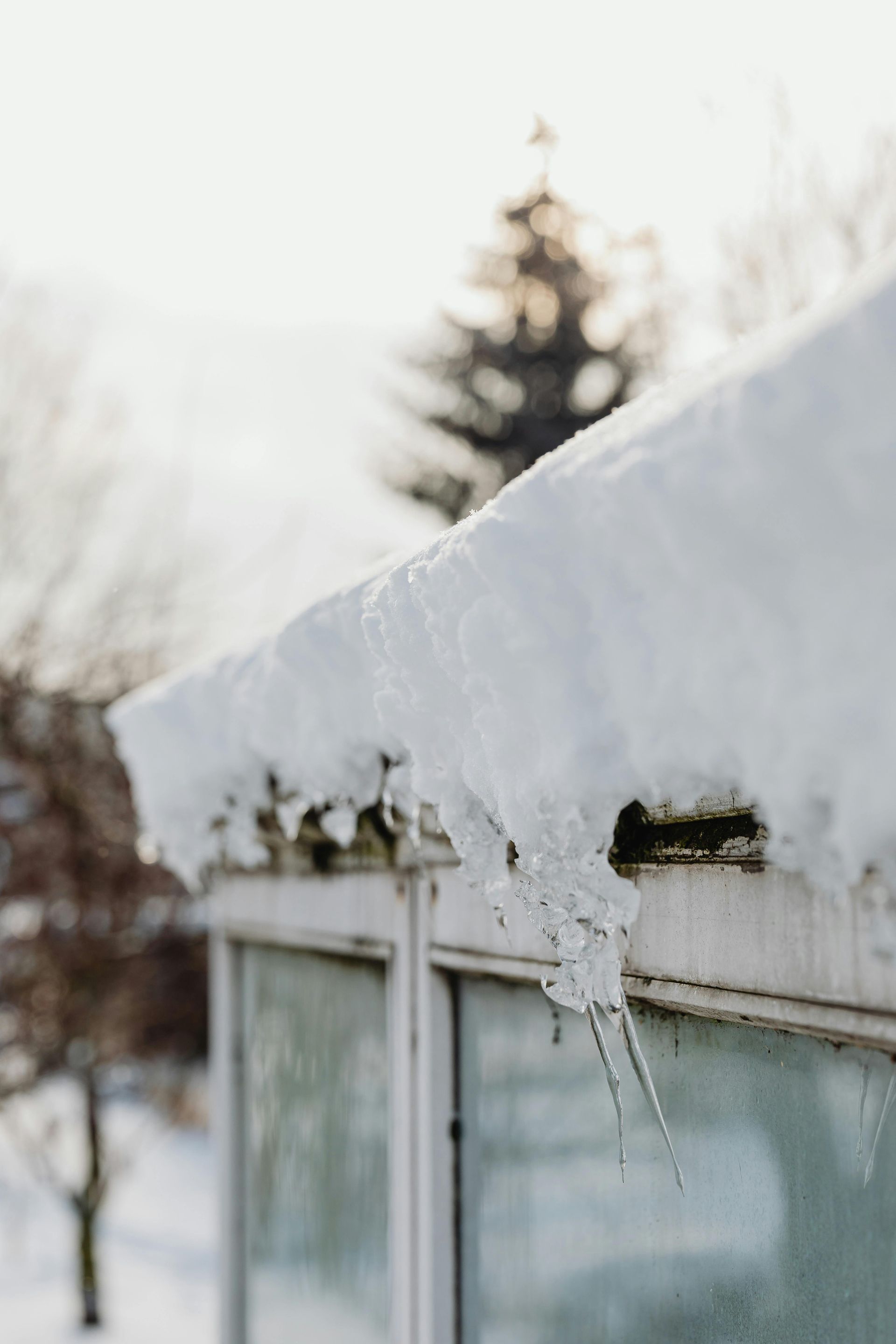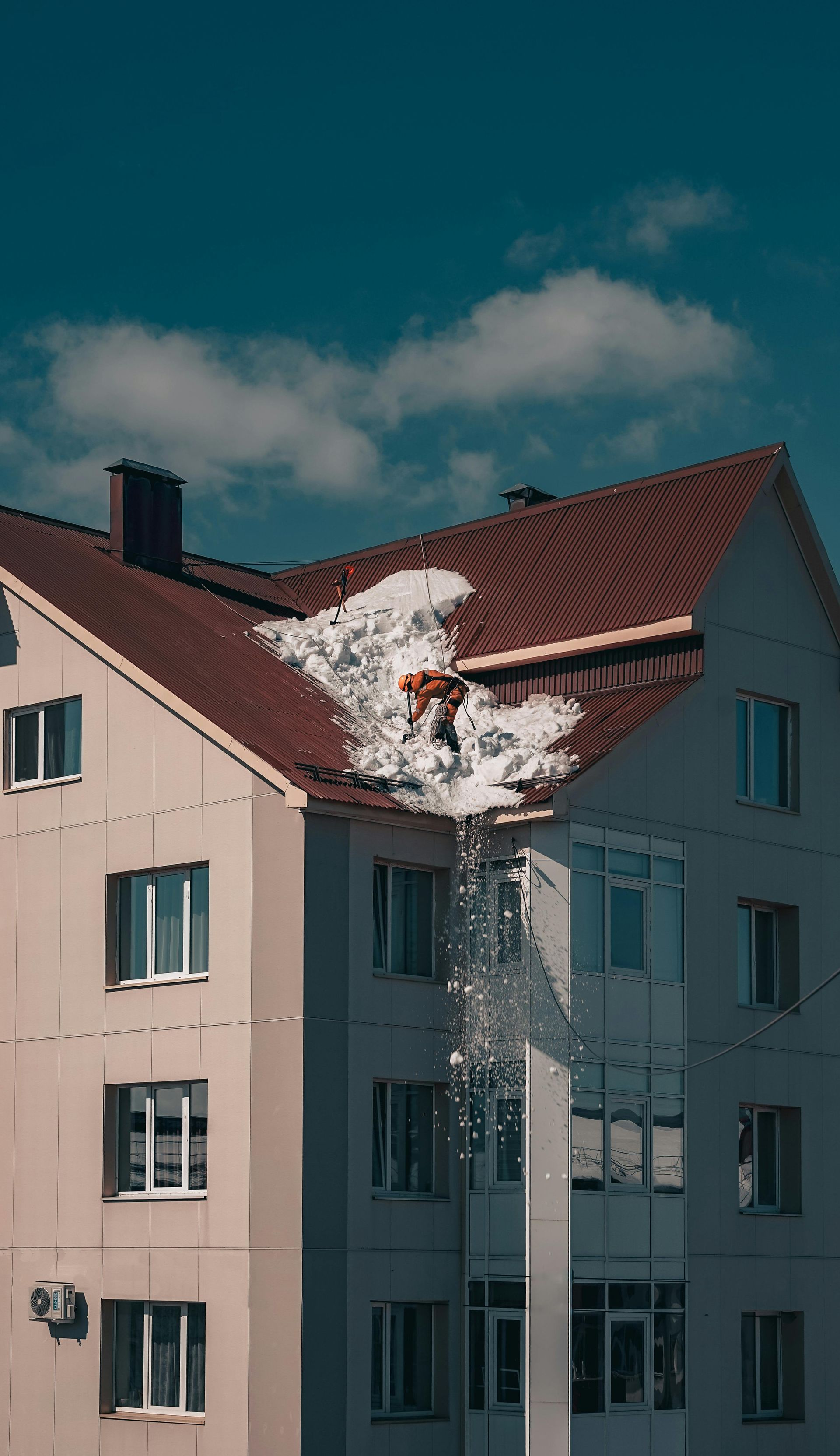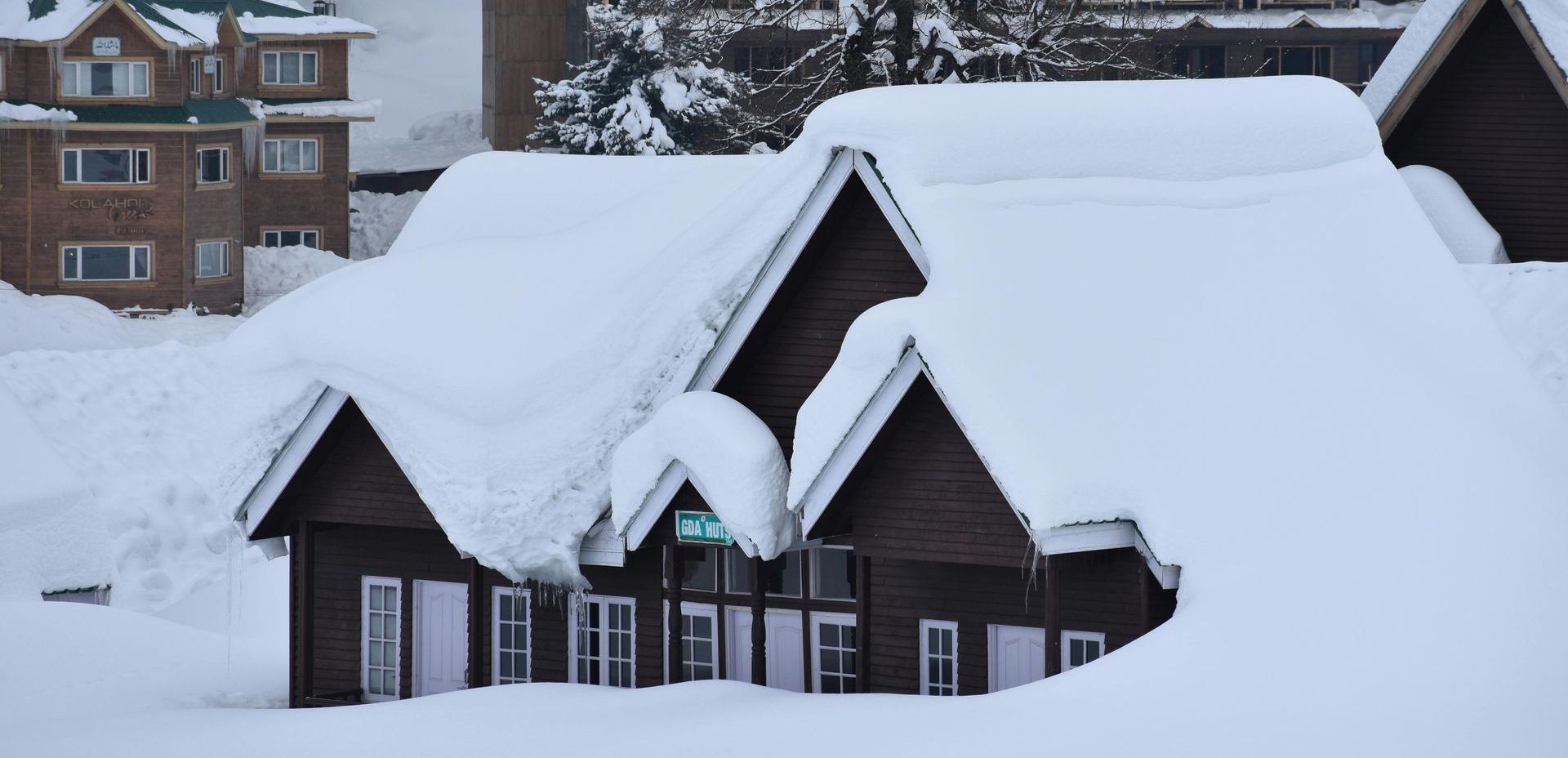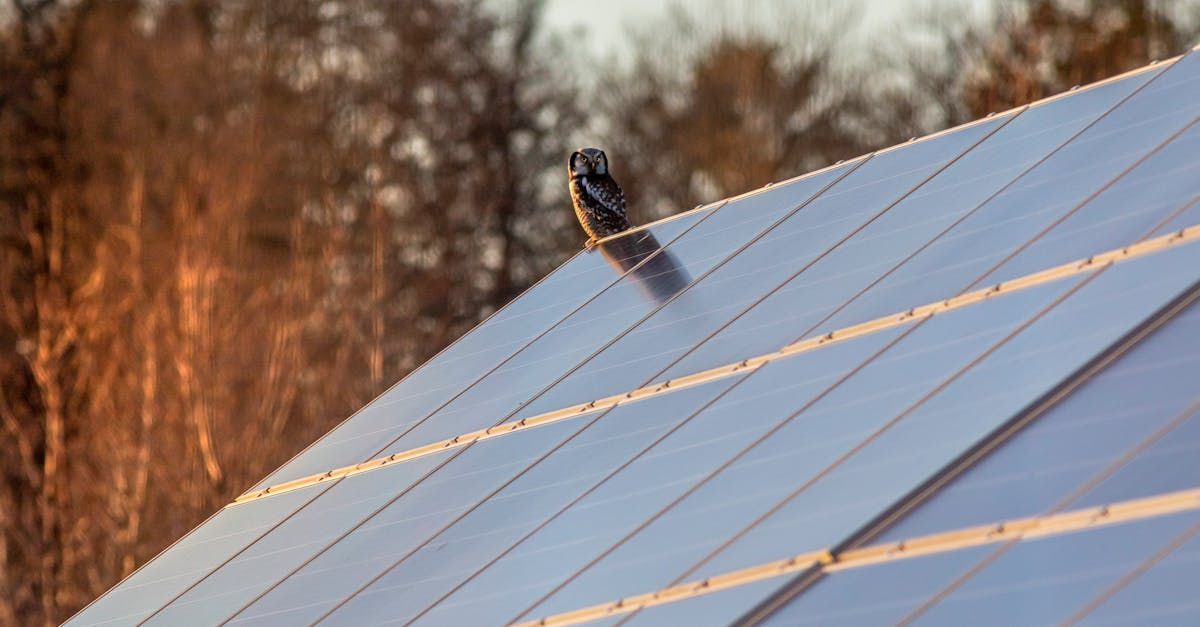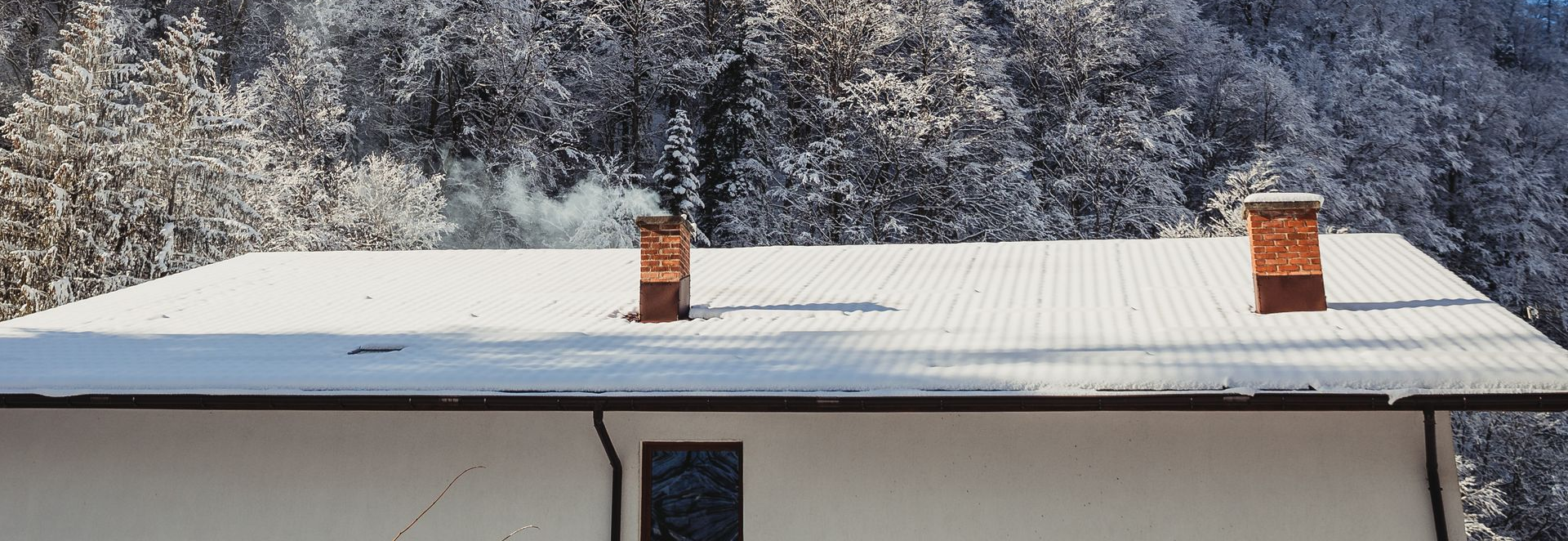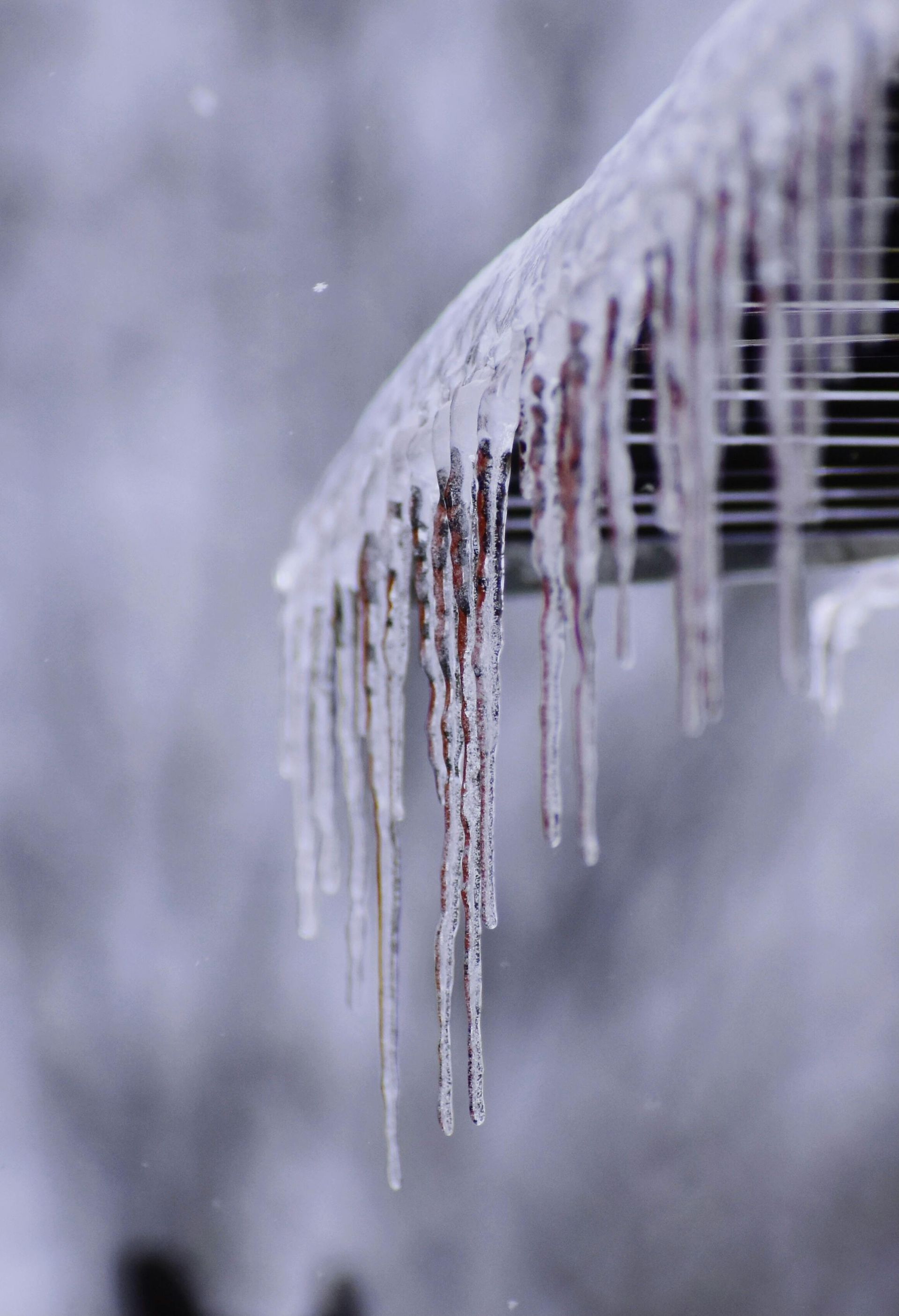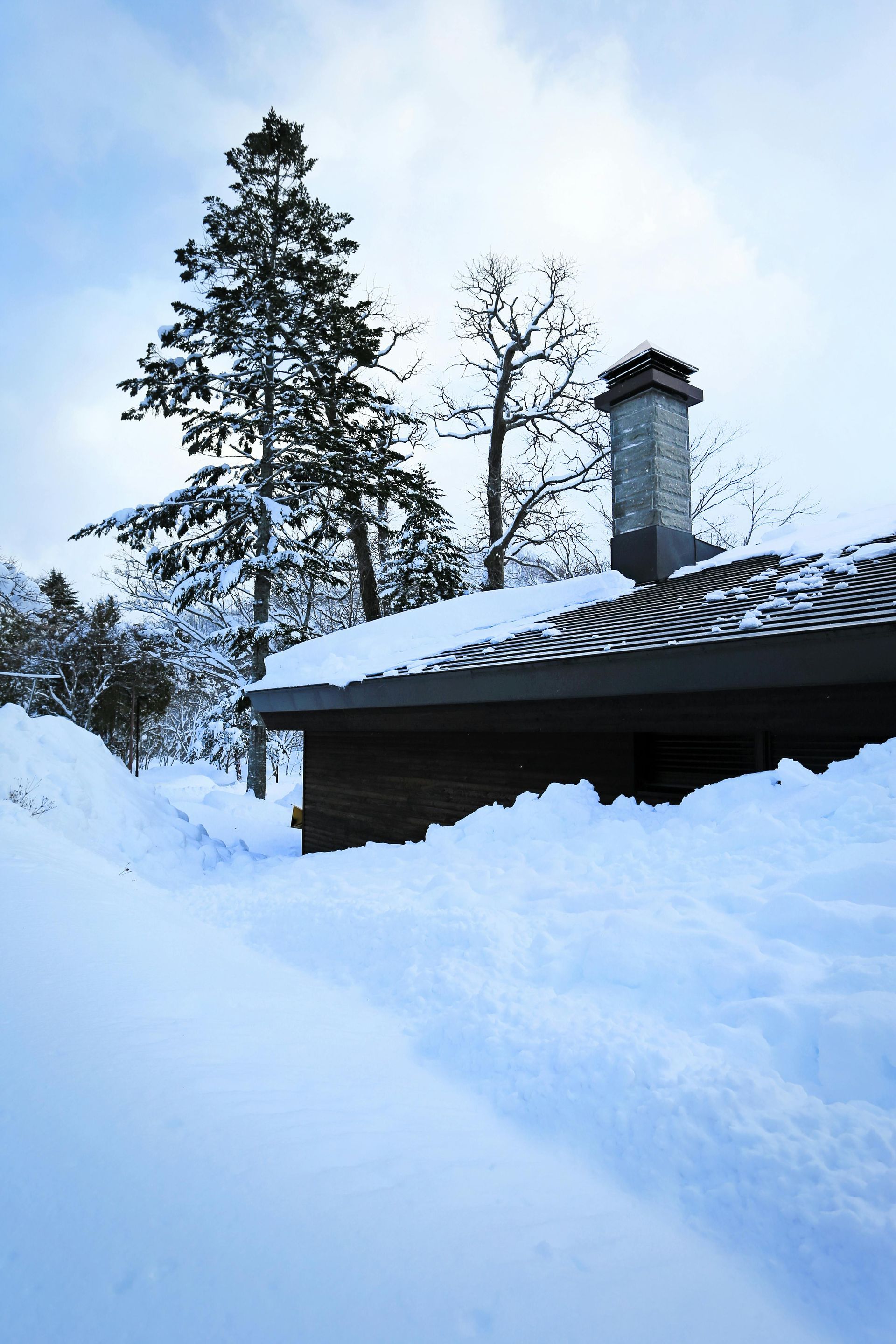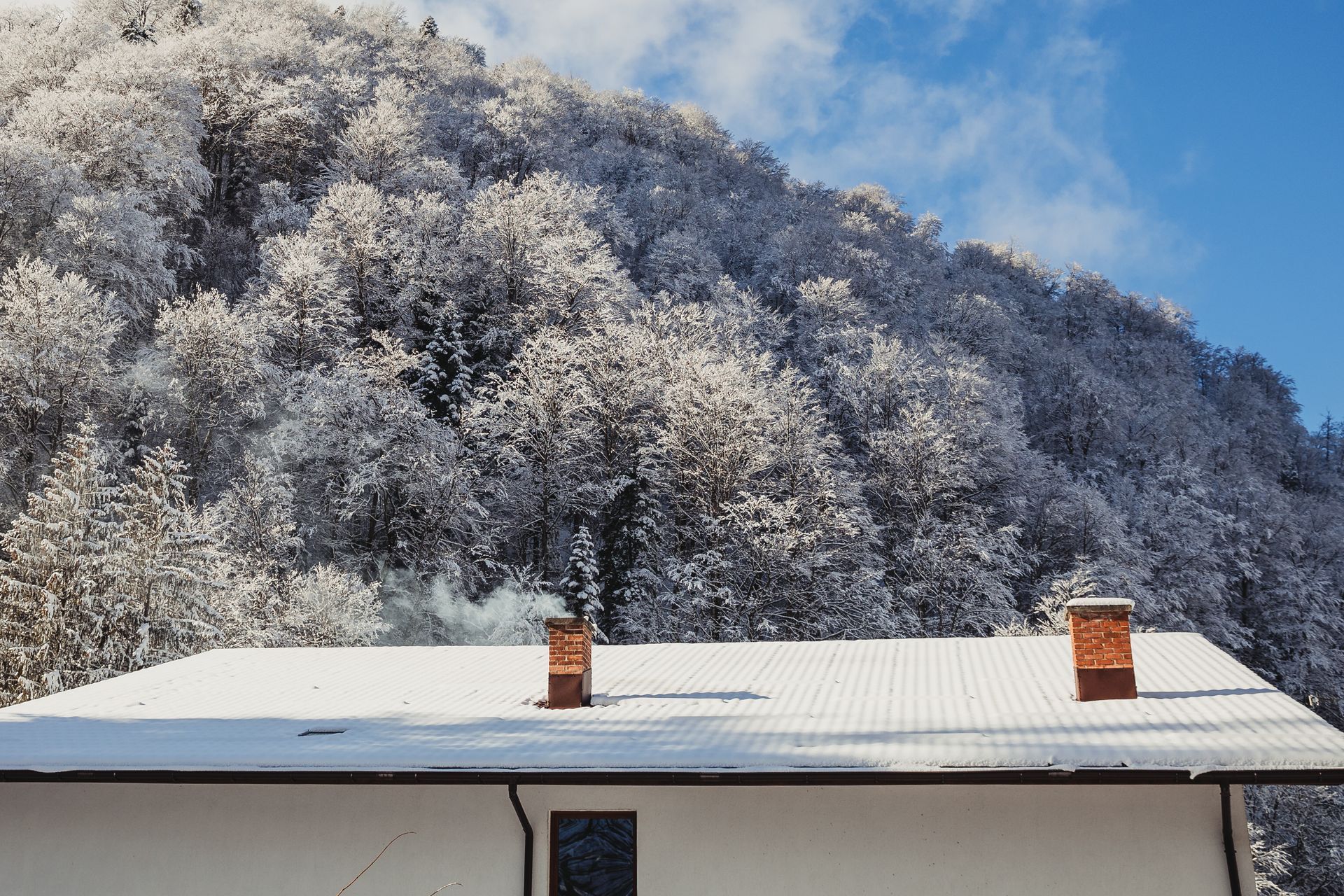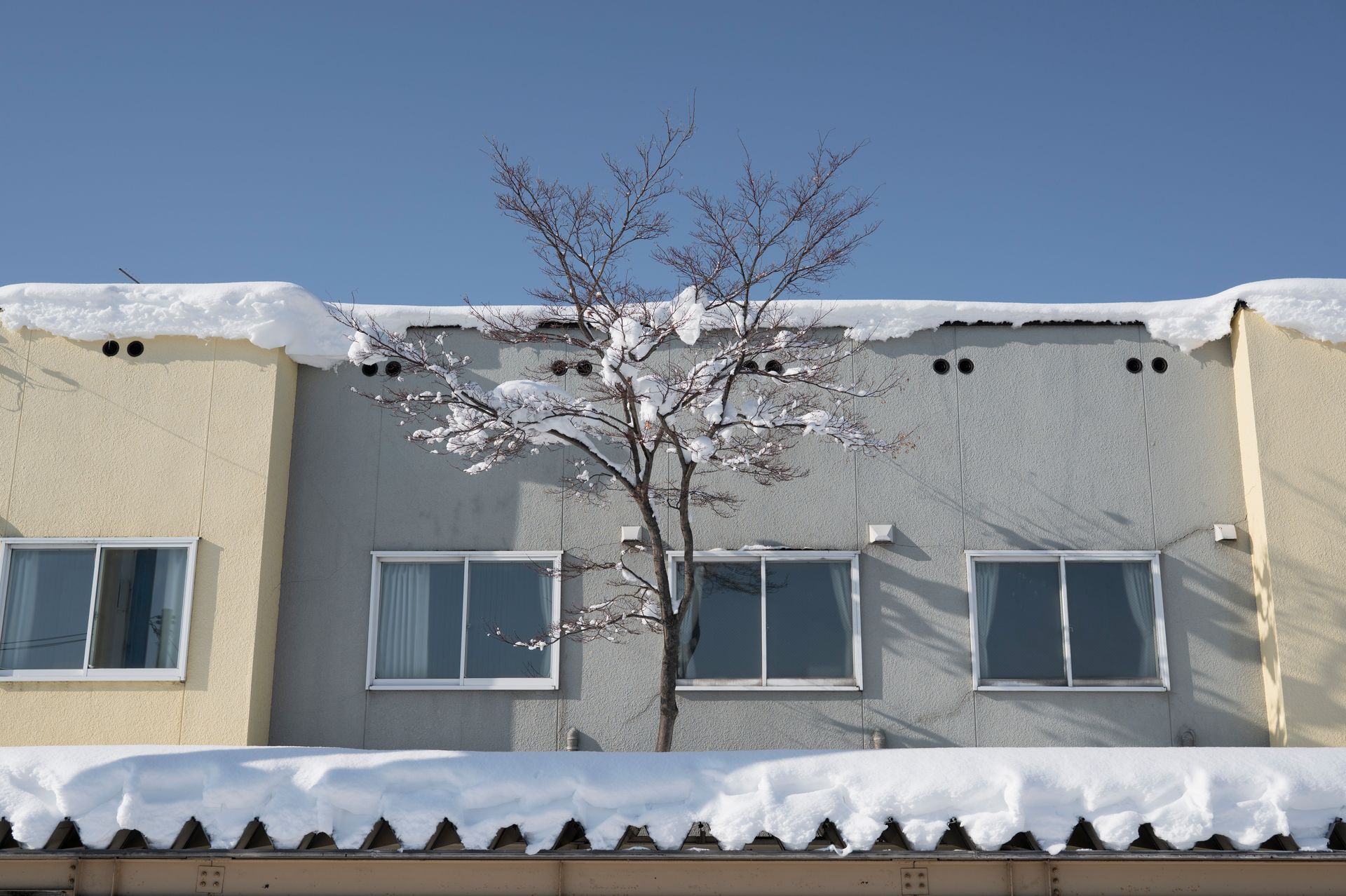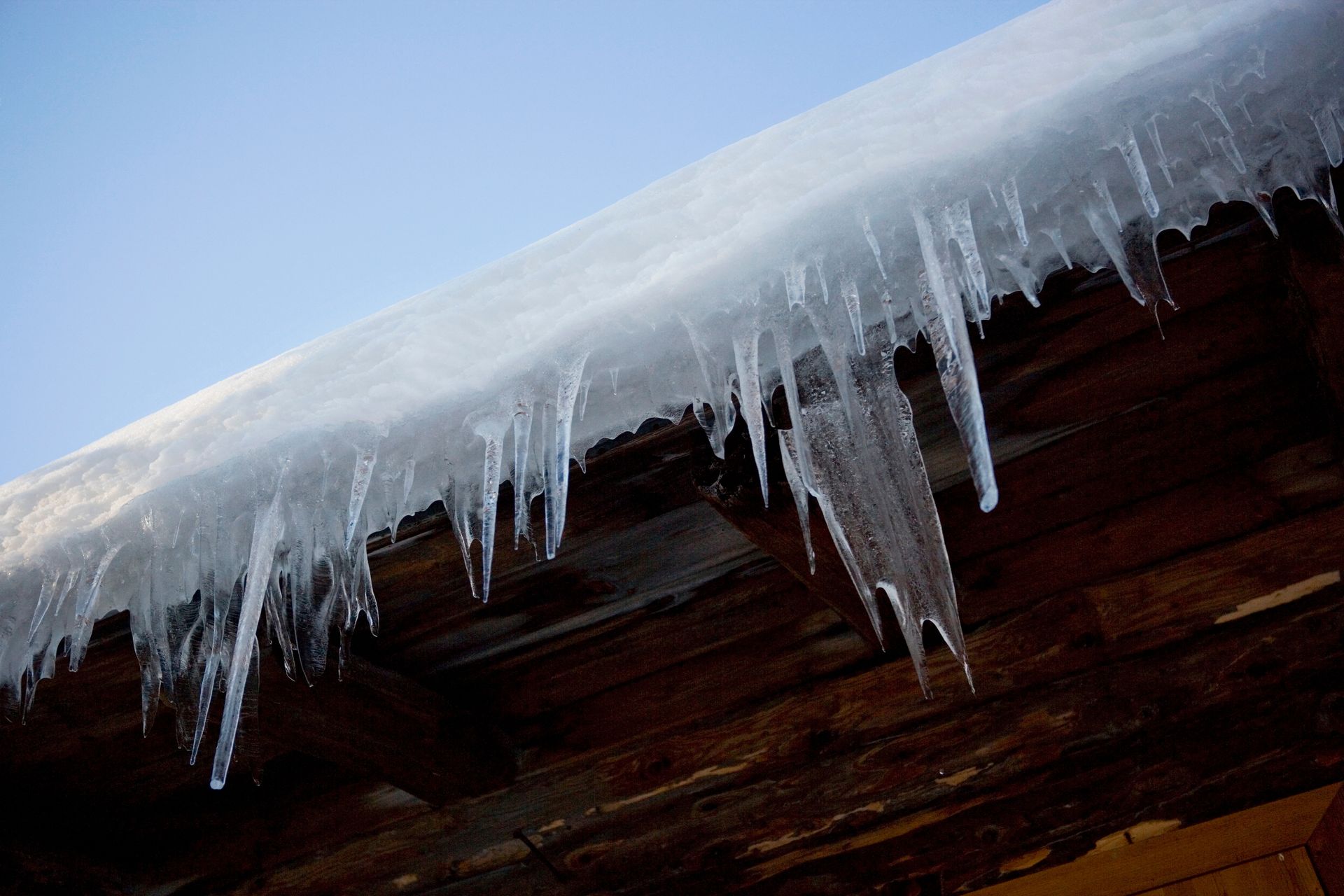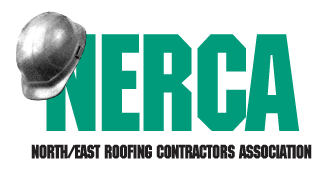Silicone & the Science Behind It
The Science Behind Silicone: Liquid Applied Membrane
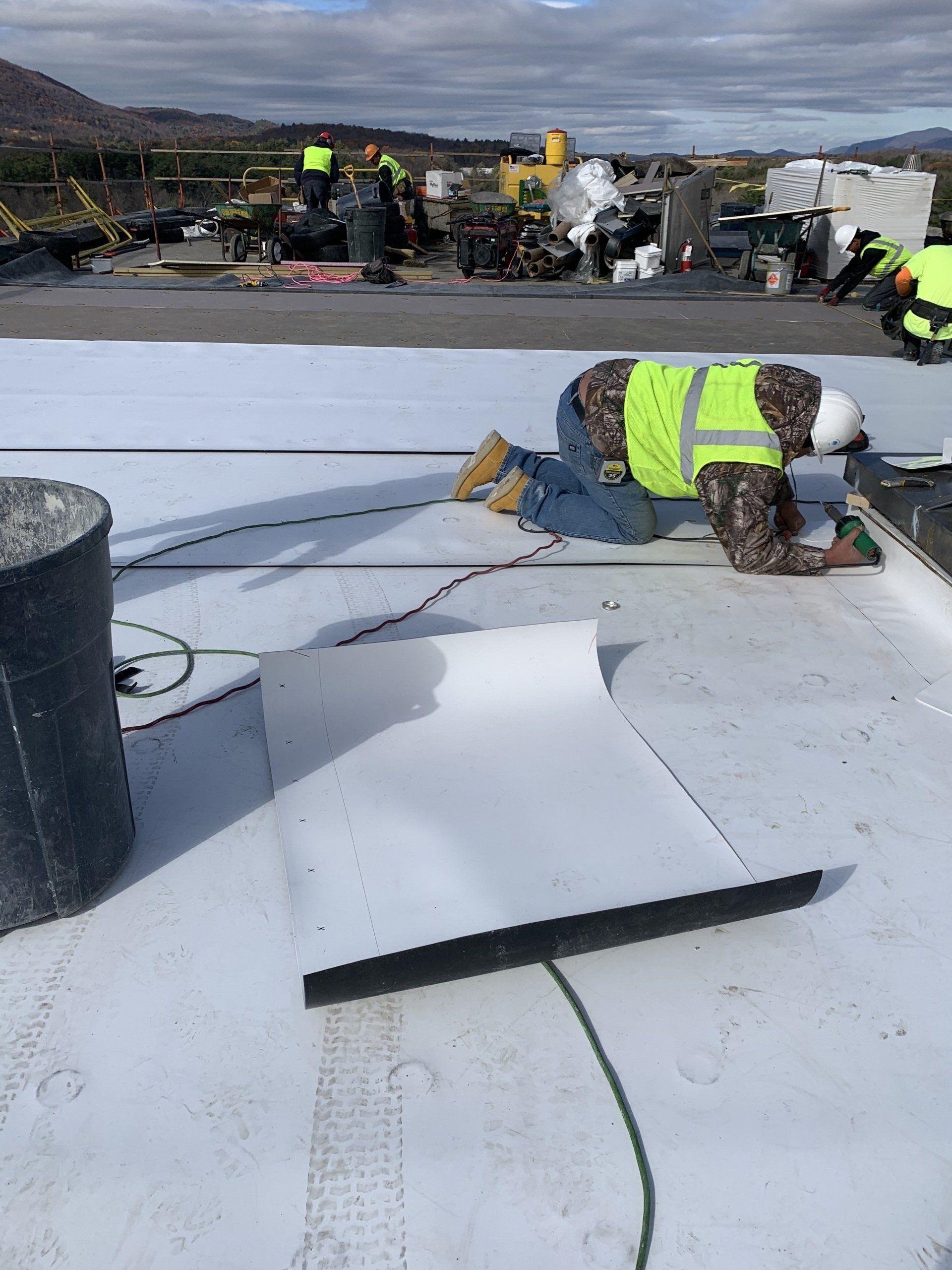
Silicone coatings have been developed for a variety of uses over many decades. Years of research and development have resulted in a roof coating that is robust, UV resistant, moisture cured, and environmentally benign. We'll look at the chemical nature of silicone coatings and why they work so well for roof coating restorations in this blog.
Some of the advantages of silicone roof coatings that you may have heard about include:
- UV resistance is excellent.
- Resistant to water
- Elastic
- Environmentally friendly
These (and other) advantages are attributable to their scientific composition and organic properties, which we shall explore further below!
Silicone coatings are UV resistant due to the firmly bound molecules that make up the substance. An article about silicones in coatings was published by the Paint and Coatings Industry (PCI). "Silicones have become one of the key materials used in systems to protect buildings against the weather," they write in the study, "thanks to its specific chemistry, adaptability, and the imaginative dynamism of producers."
They defend structures in several ways, including by reflecting UV radiation. Silicone roof coatings are made up of highly photostable molecules. This means they are resistant to change when exposed to light radiation. So, what does this imply for your structure? Your HVAC system will not have to work as hard to maintain a constant interior temperature if your roof is restored with PM Silicone. White PM Silicone reflects 88 percent of the sun's UV rays, allowing enormous amounts of heat to escape the structure.
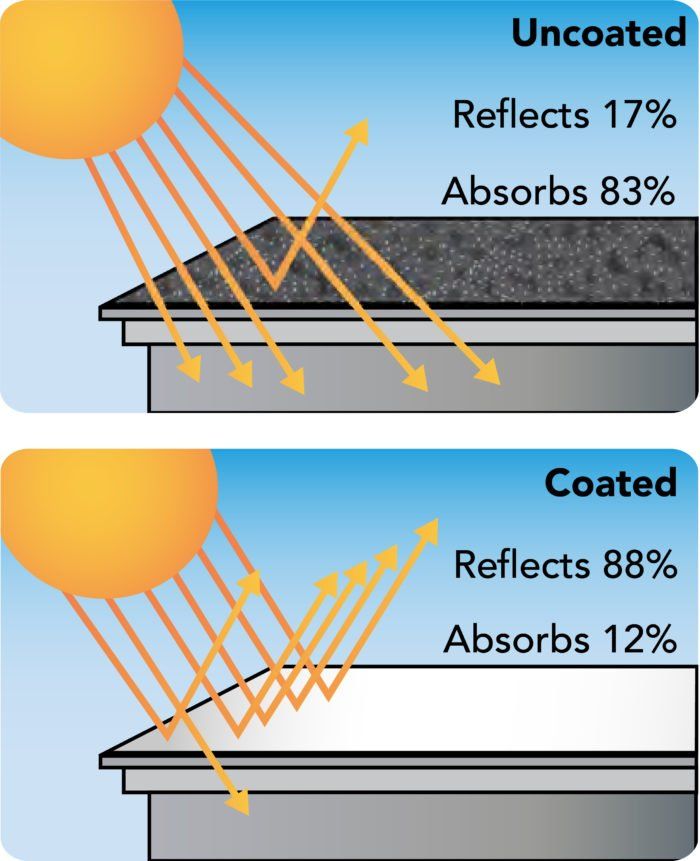
UV radiation from the sun can also degrade certain roof substrates. After years of exposure to the sun's UV rays, any oil/tar based roof coating might dry out and break. PM Silicone withstands this degradation and extends the life of those substrates by decades.
* Please read our blog if you're concerned about harnessing the sun's rays to warm your building this winter. Even in a colder climate, we investigate the advantages of silicone.
Water Resistance
Silicone coatings have been created with hydrophobic properties to make them exceptionally water resistant in addition to their UV resistance. "Hydrophobicity of any material is its resistance to the passage of water on its surface," according to the Institute for Problems in Mechanical Engineering. If flowing water is dropped on a substance, it is said to be highly hydrophobic." The beading water on the silicone coating shows a very hydrophobic surface, as shown in the image to the right. So, how does this affect your structure? Ponding water, unlike acrylic roof coatings, will not degrade silicone over time.
Elasticity
Silicone membranes remain flexible after curing, despite the tight link between silicone molecules. This is especially important for roofing because silicone can resist a wide range of temperature changes without cracking or damage. Many substrates degrade over time as a result of years of swelling and contracting owing to temperature variations. Silicone coatings are designed to be flexible and long-lasting. Warm days with cold nights are common as we move to fall and winter, and it may appear to be ideal weather! These temperature variations, however, may cause harm to an older roof system. As we approach winter, it's critical to keep up with maintenance inspections, which is why we offer a free maintenance guide online.
Energy Efficiency
Silicone coatings are solvent-free and have very low amounts of volatile organic compounds (VOCs). The coatings are solvent-free, which means they aren't flammable, and while they can ignite, their flashpoint is extremely high, so they wouldn't have enough fuel to maintain a fire. Silicone Roof Coatings feature extremely low amounts of volatile organic compounds (VOCs), much lower than those needed by the highest requirements, such as those in California. In all 50 states, our coatings meet or exceed material safety standards, so you don't have to worry about whether or not the material is safe to use. It's nice to know that silicone is well appreciated and widely used in a society that is more concerned about the environment, to the point where federal and state legislation prohibits the use of some items.
Conclusion
Silicone coatings offer a variety of benefits and they also provide peace of mind when considering longevity and energy efficiency. They have been naturally formulated to be one of the best materials in the construction industry. If you have any questions, you can find more information below or contact our office!


